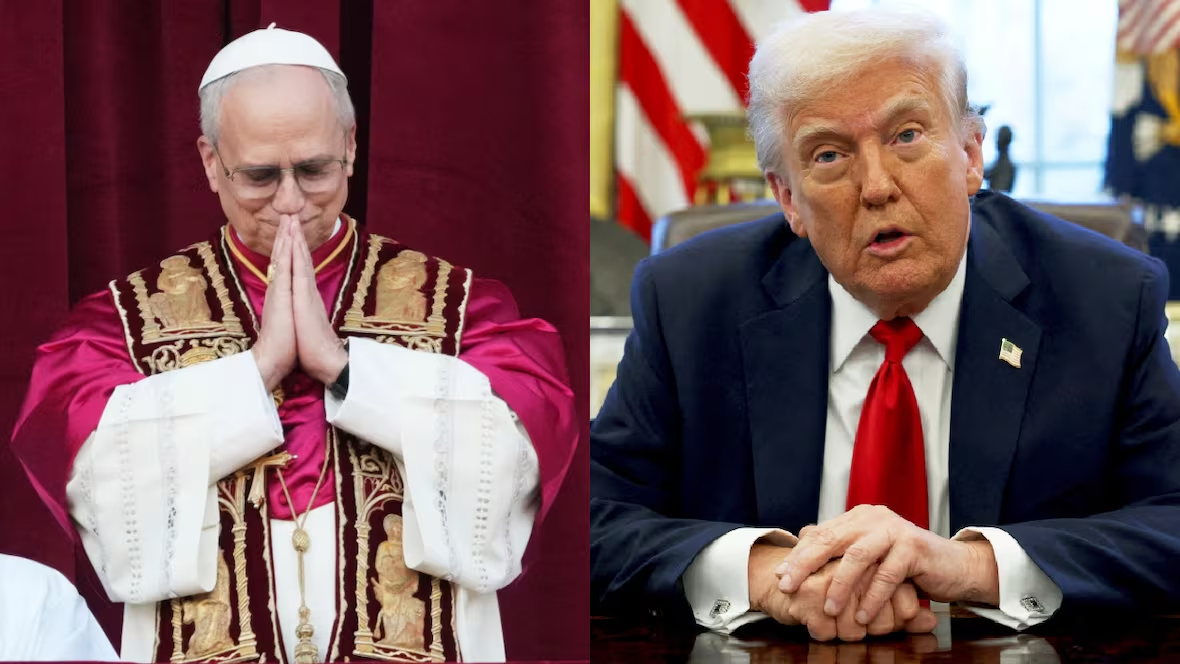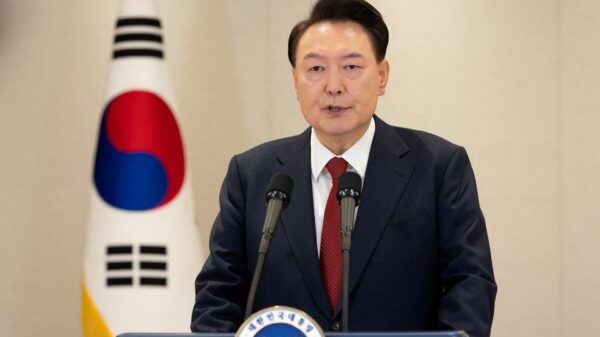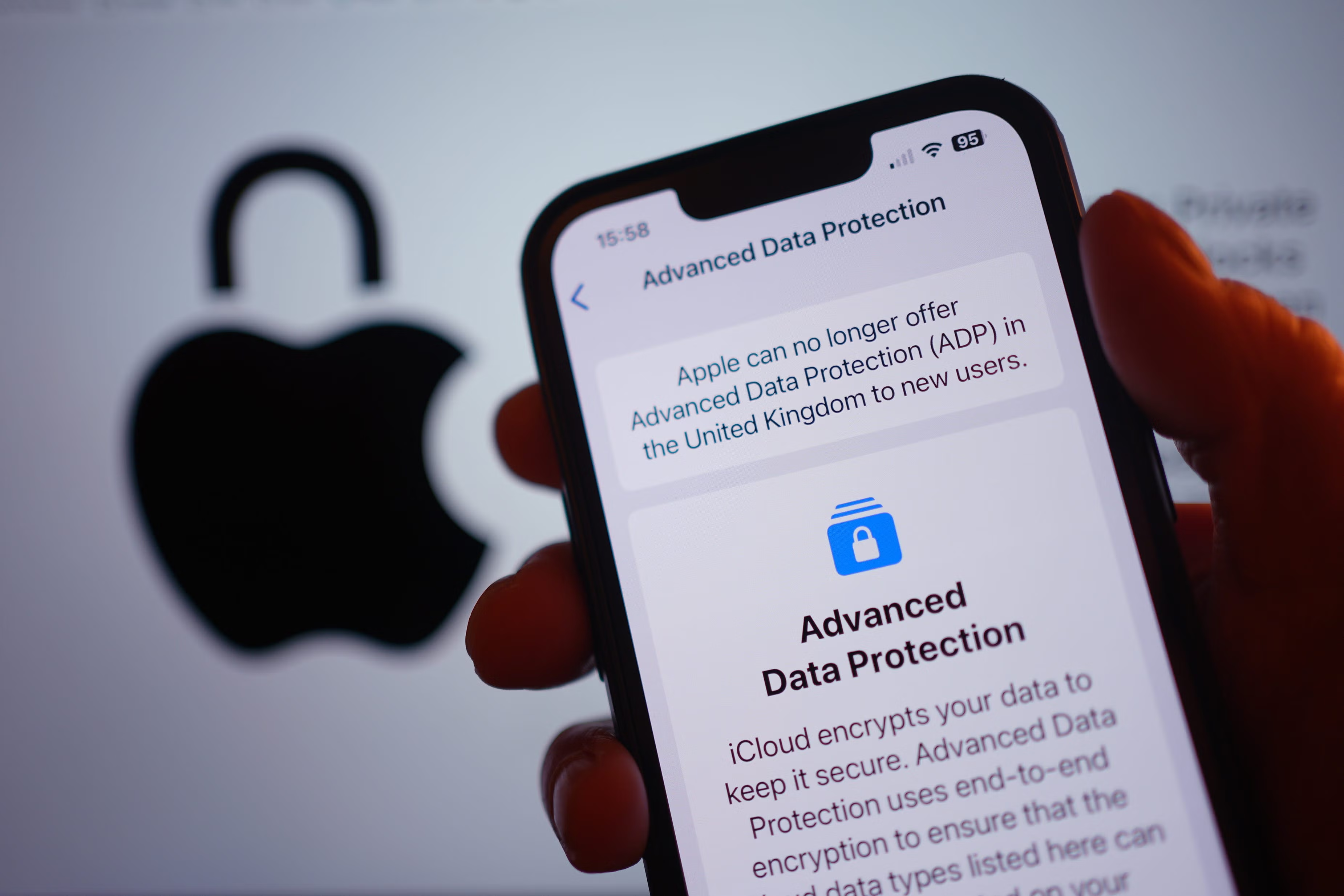UK government has officially withdrawn its demand for Apple to create a “back door” into encrypted user data, following intense diplomatic pressure from the United States.
Tulsi Gabbard, U.S. Director of National Intelligence, confirmed the reversal in a post on X, stating she had worked closely with President Donald Trump and Vice President JD Vance to ensure Americans’ private data “remains private” and constitutional rights are upheld.
The dispute originated from a notice reportedly issued under the Investigatory Powers Act 2016, in which the UK Home Office sought access to Apple’s Advanced Data Protection (ADP) tool. ADP, an opt-in iCloud feature, uses end-to-end encryption to prevent even Apple from accessing user data.
Apple responded by suspending ADP in the UK and launching legal action against the Home Office. President Trump publicly condemned the UK’s demand, likening it to Chinese-style surveillance, and said he personally warned Prime Minister Sir Keir Starmer during a February meeting that the plan was unacceptable.
Senior Conservative MP Sir David Davis welcomed the government’s retreat, warning that any back door would “weaken the protection given by encryption to all of us from malicious actors.” Privacy advocates echoed the concern, arguing the move threatened the security of millions of users.
While law enforcement agencies have long argued that encrypted services hinder investigations into terrorism and child abuse, critics say bypassing encryption risks broader civil liberties.
A UK government spokesperson declined to comment on operational specifics but emphasized that joint security arrangements with the U.S. remain intact to address serious threats while safeguarding privacy and sovereignty.
![]()




























































